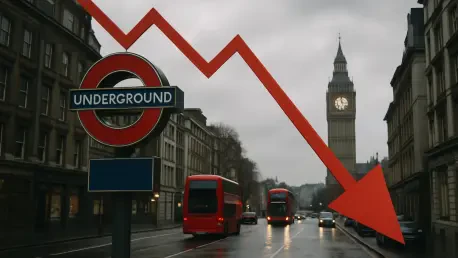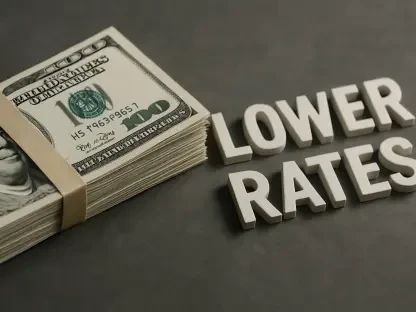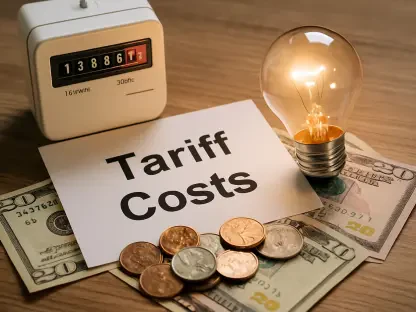In a stark warning that has reverberated through the business community, John Roberts, the founder and CEO of AO World, a prominent UK electrical retailer, has raised the alarm about the possibility of an impending recession in Britain. With over two decades of experience navigating economic ups and downs, Roberts recently shared his concerns in a public statement, pointing to a troubling combination of rising inflation, escalating business costs, and a noticeable decline in consumer confidence. His perspective, grounded in years of observing market trends, paints a grim picture of the current economic landscape. Beyond his personal insights, broader data supports this unease, with indicators showing a public increasingly worried about financial stability and potential policy shifts. This growing sense of uncertainty among businesses and households alike suggests that the UK may be teetering on the edge of a significant downturn, prompting urgent discussions about what lies ahead for the economy.
The challenges facing businesses are becoming more pronounced as operational expenses continue to climb at an alarming rate. Inflation has driven up costs across the board, with labor expenses emerging as a particularly heavy burden for many companies. Roberts highlighted this issue vividly, noting that the cost of maintaining a workforce has surged dramatically, making it harder for firms to remain competitive. Compounding this problem is a tightening labor market, where recruitment has grown increasingly difficult and flexibility in hiring has diminished. Conversations with other industry leaders reveal a shared concern, with some contemplating workforce reductions as a necessary measure to manage spiraling expenses. These internal pressures are not just isolated struggles but part of a wider trend of economic strain, where businesses are forced to rethink strategies and adapt to an environment that offers little room for error, raising questions about long-term sustainability in such turbulent times.
Economic Indicators Paint a Troubling Picture
Beyond the boardroom, the broader economic outlook for the UK appears equally concerning, with consumer sentiment reflecting deep-seated fears about the future. Data from the British Retail Consortium reveals a sharp drop in public confidence, with expectations for the economy worsening significantly in recent months. This decline mirrors a growing apprehension about potential tax increases and other financial pressures that could further squeeze household budgets. Adding to this, reports from Asda’s income tracker underscore the harsh reality for many, showing that a majority of UK households experienced a decrease in disposable income during the same period. Such figures highlight the financial strain felt across the population, as families tighten their belts in response to uncertainty. This convergence of negative economic indicators and consumer pessimism lends weight to the warnings from business leaders like Roberts, suggesting that the risk of a recession is not just a distant possibility but a pressing concern that demands attention.
Looking back, the discussions sparked by these warnings underscored a critical moment of reflection for the UK economy. While businesses grappled with mounting costs and labor challenges, consumers faced their own battles with shrinking disposable incomes and faltering confidence. The insights shared by seasoned leaders provided a sobering reminder of past economic cycles, urging stakeholders to consider proactive measures. Moving forward, policymakers and industry heads were encouraged to collaborate on strategies that could mitigate these risks, whether through targeted support for struggling sectors or initiatives to bolster consumer spending. Addressing the potential impact of legislative changes, such as the workers’ rights bill, also emerged as a priority to avoid placing additional burdens on employers. These steps, if taken with urgency, held the promise of steering the nation away from a deeper crisis, offering a pathway toward stability in uncertain times.









